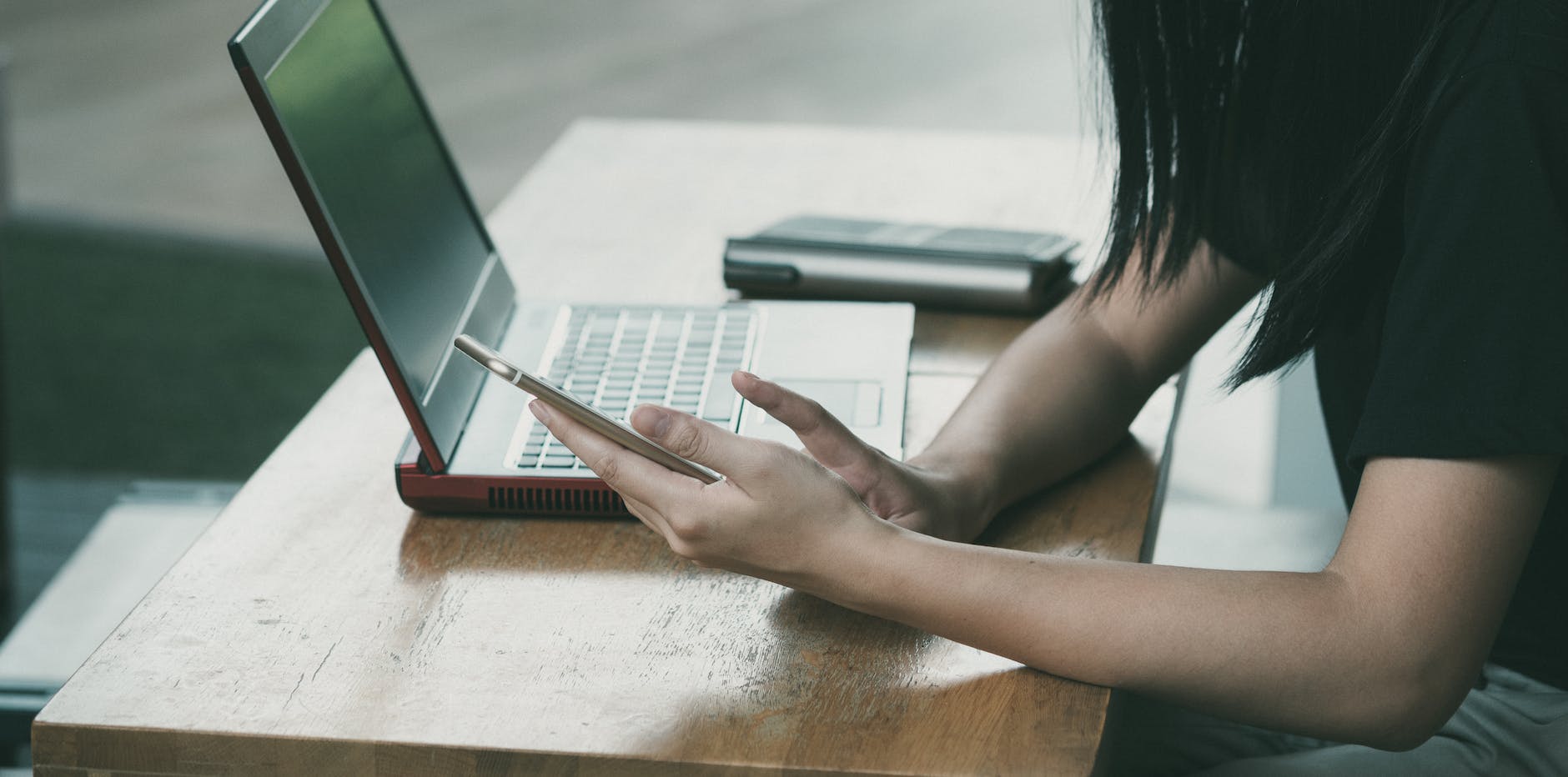As our lives become increasingly digital, the threats from online hackers continue to grow. Hackers have many tools at their disposal to steal your personal information, financial data, and even take control of your devices for malicious purposes. However, with some diligence and best practices, you can greatly reduce your risk and exposure. Here are effective ways to protect yourself from online hackers:
Use Strong Passwords
One of the easiest ways for hackers to gain access to your online accounts is by guessing weak passwords. To create strong passwords:
- Use at least 12 characters including upper and lowercase letters, numbers, and symbols
- Avoid dictionary words and personal information
- Don’t reuse passwords across accounts
- Consider using a password manager to generate and store unique passwords
Enabling two-factor authentication provides an extra layer of security by requiring both your password and a secondary one-time code to log in.
Be Wary of Phishing Attempts
Phishing is when hackers pretend to be a trusted source in order to trick you into revealing personal information. Be suspicious of any unsolicited messages:
- Don’t click on links or attachments from unknown senders
- Watch for urgent requests, spelling and grammar mistakes, and threats
- Verify the sender’s email address looks legitimate
If unsure, go directly to the organization’s website rather than using any provided links to log in.
Keep Software Updated
Hackers frequently exploit vulnerabilities in outdated software. To avoid this:
- Enable automatic updates on your devices and apps
- Install the latest security patches for your operating systems
- Remove old software and apps you no longer use
This denies hackers easy access points into your systems.
Use Security Software
Install comprehensive internet security software on all your devices, including anti-virus, anti-malware, and firewall programs. Features to look for include:
- Real-time monitoring that scans files and blocks suspicious activity
- Regular automated scans to detect and remove malware
- Extra protections against ransomware and phishing
Security suites that offer parental controls, secure VPN connections, and identity protection provide broader defense across online activities.
Beware of Public Wi-Fi Networks
Public Wi-Fi networks at coffee shops, hotels, airports and other locations are often not secure, making it easy for hackers to intercept your internet traffic and sensitive information. When using public Wi-Fi:
- Avoid accessing financial, banking, email, and other accounts with sensitive data
- Use a virtual private network (VPN) to encrypt your connection
- Turn off file sharing and Bluetooth on your devices
A VPN masks your IP address to prevent hackers from identifying you and accessing your device and activity on the network. This allows you to do anonymous browsing. So, VPN is the best solution for privacy and security.
By understanding common threats like phishing, malware, and social engineering tactics, using strong passwords, keeping devices updated, running security software, and taking extra care on public networks, you can significantly reduce your risks and better guard against cyber attacks. Protecting our online presence is essential as we live more of our lives digitally.
Final Words
With hackers developing ever more sophisticated attacks, no one can guarantee complete online safety. However, making cyber security a daily habit by implementing these best practices will help you avoid the vast majority of threats. Pay particular attention to enabling security features on all devices and apps, using two-factor authentication whenever possible, and questioning unsolicited communications. Staying vigilant as you go about your online activities gives you the best chance of spotting any unusual behavior and preventing yourself from becoming a victim.
Avid Writer with invaluable knowledge of Humanity!
Upcoming historian with over 30 million views online.
“You make your own life.”





